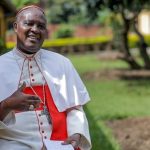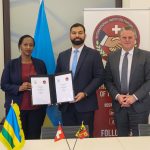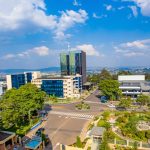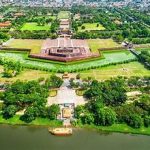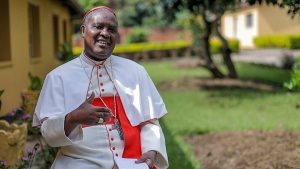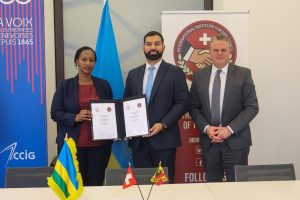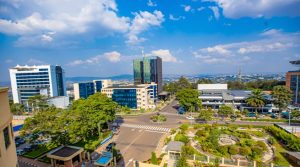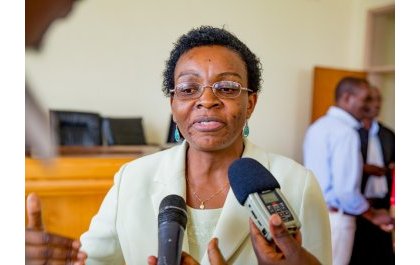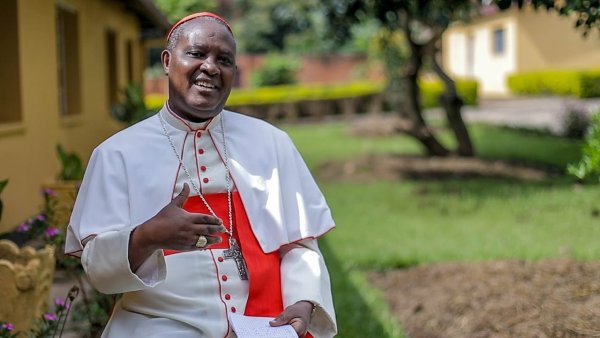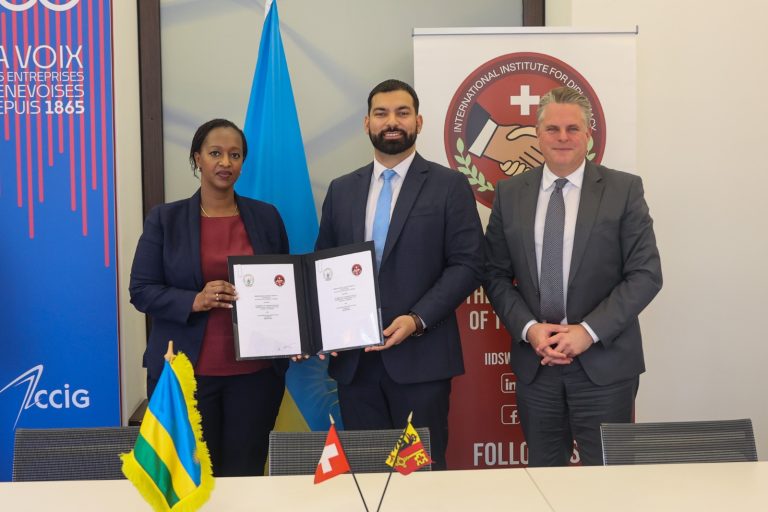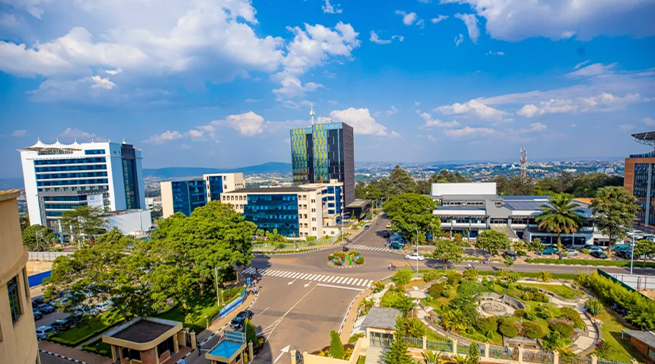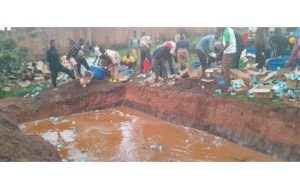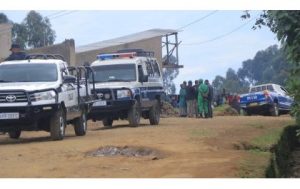Rémy Amahirwa, the son of opposition figure Ingabire Victoire, has publicly urged the United States to intervene and press Rwandan authorities to free his mother, whom he calls a political prisoner. Ingabire was arrested in June 2025 on a range of serious charges tied to the creation of an armed group and incitement to violence allegations her supporters reject as politically motivated.
The appeal
Speaking to media, Rémy Amahirwa said his mother’s detention is politically driven and asked the U.S. which he described as a key regional mediator to use its influence to secure her unconditional release. He told reporters that Ingabire has been denied regular family visits and constrained from meeting international lawyers the family has retained.
Amahirwa argued that Washington, if genuinely committed to regional stability, should press Rwanda to free “those detained for political reasons,” and to introduce reforms that would, in his view, open space for dialogue with dissenting voices.
The charges and the timeline
On 20 June 2025, Rwandan investigators announced the detention of Ingabire Victoire after the national prosecution reported that the Supreme Court had ordered further inquiry into allegations that included establishing an armed group, plotting violent acts, spreading false information and propaganda aimed at undermining the state, and planning acts of sabotage and public disorder.
Authorities say the case stems from training and organisational activity among some of Ingabire’s supporters, including courses on tactics described in prosecutorial statements as “mobilisation and persuasion”, non-cooperation, and other methods the state deems capable of provoking unrest. Security officials argue those activities crossed the line from peaceful opposition into the orchestration of destabilising campaigns.
Ingabire’s supporters, including her son, counter that her statements and media appearances including interviews with international outlets express political positions and do not amount to criminality.
Legal access and counsel
Amahirwa claimed his mother has been prevented from meeting relatives and the international lawyers the family engaged. He specifically named Kenyan lawyer Emily Kwamboka Osiemo as a proposed counsel, and said the Rwandan Bar refused to admit the lawyer to work in Rwanda.
The Rwanda Bar Association, through its president Me. Moïse Nkundabarashi, has explained that the association applies a principle of reciprocity: foreign lawyers are admitted to practice in Rwanda only where the other jurisdiction grants similar rights to Rwandan attorneys. The Bar’s position, as publicly stated in previous interviews, is that Kenya does not permit Rwandan lawyers to practise there, and that this constrains admission of Kenyan lawyers in Rwanda.
Context and contested narratives
Ingabire’s past and rhetoric remain polarising. Her earlier return to Rwanda in 2010 and subsequent political activity drew intense scrutiny; she was previously tried and convicted on charges that critics said were politically motivated, and supporters recall episodes of strident rhetoric that alarmed many Rwandans. Her critics point to interviews and statements they say show sympathy for armed groups and for actors implicated in violence against civilians.
Amahirwa rejects those characterisations and says international organisations have been mobilised around his mother’s cause. He alleges that external actors are using his mother to advance narratives that portray Rwanda as abusive; critics in turn say Ingabire has, at times, trafficked in controversial and inflammatory claims including accusations that Rwanda supports certain armed groups that complicate calls for leniency.
What happens next
As the prosecution proceeds, key questions remain over access to legal representation, the nature of the evidence to be produced, and whether independent observers will be permitted to follow the case. Amahirwa’s public appeal to the United States frames the dispute in geopolitical terms asking a major external actor to intervene in what Rwanda regards as a domestic security and legal matter.
For now, the case sits at the intersection of criminal charges and political contestation: Rwandan authorities insist they are enforcing the law and protecting public order; Ingabire’s family and supporters maintain she is being punished for dissent.
Author: Justinmind HARERIMANA
